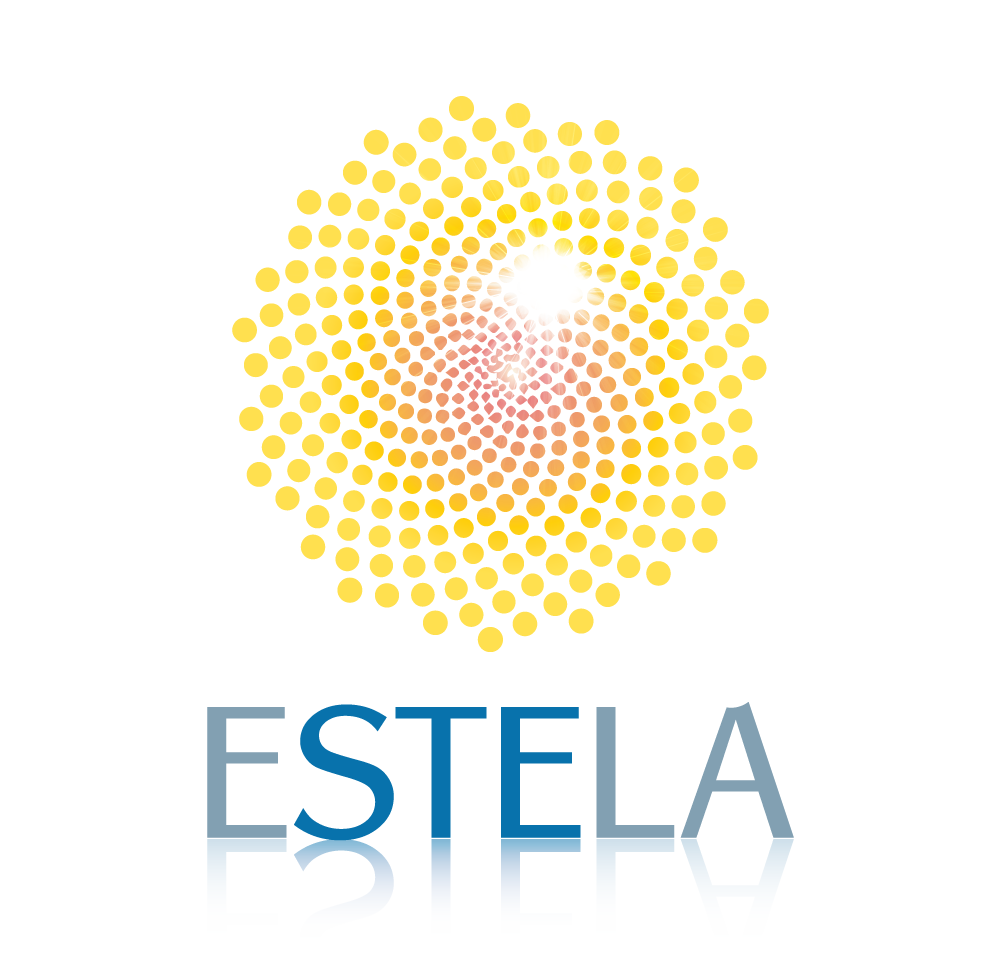19 Jun ESTELA welcomes a much stronger political commitment on further renewable energy development in the EU
ESTELA welcomes the latest political commitment on the legally-binding RES target of 32% by 2030, agreed by European Parliament and Councils
19th June 2018, Brussels. Europe leads the global clean energy transition: EU strike deal on 32% binding renewable energy target.
14 June was a remarkable day for energy communities and citizens across Europe. A much stronger political commitment on renewable energy target has been reached – negotiators from the Commission, the European Parliament and Member States have agreed to increase the EU renewable energy target for 2030 from 27% to 32%.
ESTELA, the European Solar Thermal Electricity Association, welcomes this significant improvement over the previously low-ambitious target of at least 27% the European Commission tabled in Nov 2016. More importantly, this new regulatory framework includes a legally-binding EU-wide renewable energy target of 32% by 2030 with an upwards revision clause by 2023 at the latest. With this agreement, we believe that it will allow EU to keep its leadership role in the fight against climate change, in the clean energy transition and in meeting the goals set by the Paris Agreement – as expressed by President Juncker in 2014, one of the Commission’s political priorities for the European Union is to become the “world number one in renewables”.
Key issues:
- Sets a new, binding, renewable energy target for the EU for 2030 of 32%, including a review clause by 2023 for an upward revision of the EU level target.
- Improves the design and stability of support schemes for renewables.
- Delivers real streamlining and reduction of administrative procedures.
- Establishes a clear and stable regulatory framework on self-consumption.
- Increases the level of ambition for the transport and heating/cooling sectors.
- Improves the sustainability of the use of bioenergy.
Beyond updating and strengthening our energy and climate legislation, the new Renewables Directive not only sets out concrete measures to allow for the delivery of the target, but also serve to create an enabling environment to accelerate public and private investment in innovation and modernisation in all key sectors. Also, differences in the energy mix and economic structures across the EU will be considered in order to path the way of energy transition to a modern and clean economy.
“These targets, once achieved, will have a far-reaching, positive impact on industrial activities along the full value chain of RES industries including trading – as well as on the excellence of European Research and Innovation activities that together defend the world technology leadership in STE/CSP still held by Europe,” commented Marcel Bial, Secretary General of ESTELA.
“On the other hand, a call for a more balanced share of intermittent and flexible renewables, such as solar thermal electricity offering dispatchable energy storage, in the power system is crucial right now in Europe – the only sustainable pathway to a true clean energy transition,” added Dr. Luis Crespo, President of ESTELA.
Following this political agreement on 14 June, the text of the Directive will have to be formally approved by the European Parliament and the Council in the coming weeks. Once endorsed by both co-legislators in the coming months, the updated Renewable energy Directive will be published and will enter into force after publication. The Commission will also prepare a guidance document on the implementation of the Directive. Member States will have to apply the Directive in national laws to enter effect on 1 January 2021. Negotiators will now turn their attention to securing a similar deal on the Governance Regulation before the end of June, and other proposals that still on the table: Electricity Market Design (the Electricity Regulation, Electricity Directive, and Risk-Preparedness Regulation), and rules for the regulator ACER, etc.
Learn more about Clean Energy for All Europeans
Download Press Release in PDF



